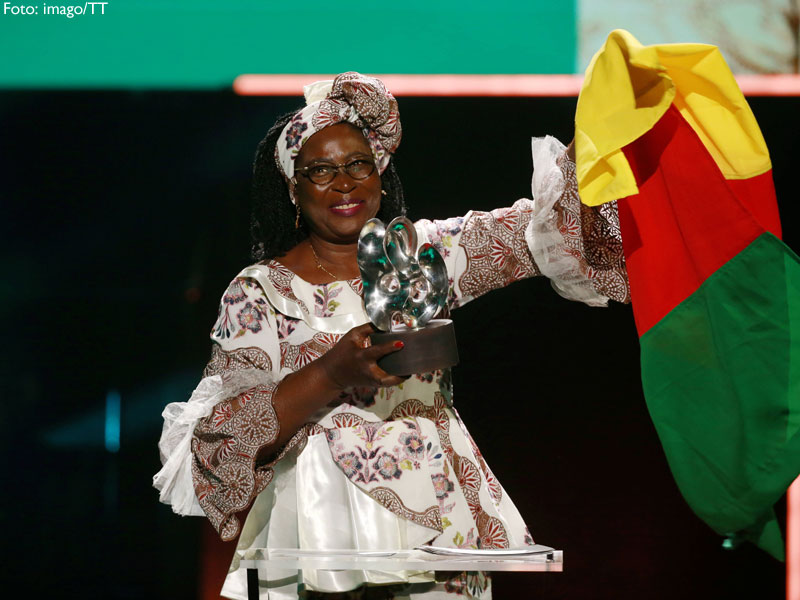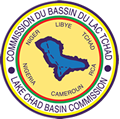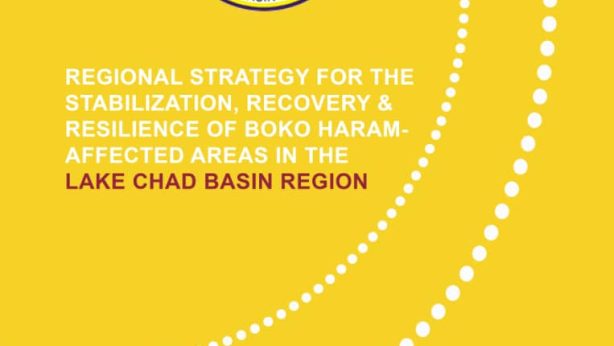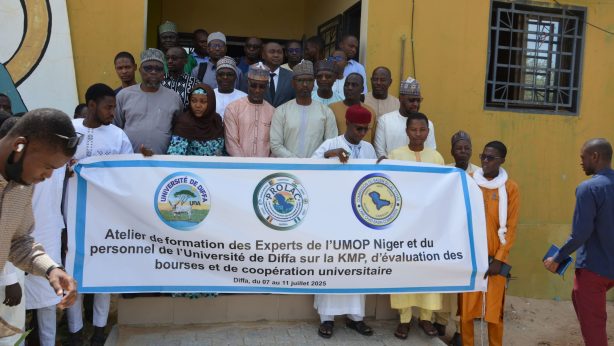Marthe Wandou: Right Livelihood 2021 laureate CSO’s are committed to influence the policies for the stabilization of the Lake Chad Basin

Originating from the Far North region in Cameroon, one of the Boko Haram affected areas of the LCB, Marthe Wandou is the Right Livelihood 2021 laureate, also known as the alternative Nobel prize. Earlier in December, she received her award in Stockholm, a distinction representing 30 years of fighting for children and women’s rights in the far North of Cameroon.
Founder of “Action Locale pour un Développement Participatif et Autogéré” (ALDEPA), a local member of the Regional Stabilization Strategy for the Lake Chad Basin CSO platform, Marthe has campaigned to change harmful cultural practices, such as child marriage, giving girls more options for their future. »I have been lucky to be one of the first girls from my village to attend university in Yaoundé. My parents and relatives understood earlier the importance of education. I want other young girls to get the same opportunity and go beyond what I have done today ».
Since 1998, ALDEPA has developed several initiatives to encourage mutual vigilance for the wellbeing of girls and provide a place to openly discuss and condemn harmful practices, provided pro-bono assistance to families, and guided them through the judicial process, identifying the best methods to use. ALDEPA’s actions have already impacted more than 50000 young girls. One of the key results is the creation of community structures in every village where ALDEPA operates, serving as relays and working with active volunteers (1000) to prevent and report violence. Religious and traditional leaders, Police Officers are now strong partners supporting ALDEPA’s work and playing a crucial role in changing behaviors and mentality shift.
Through the RSS, CSOs can raise their voice and make it count. We attended the first meeting in Oslo with the international support group at the genesis of the RSS and the Governors’ Forum in Maiduguri, Niamey, and Yaoundé to put our vision on the table for LCB’s Stabilization. With the Territorial Action Plans (TAPs) development, CSOs should play a more significant role through direct partnerships, advocacy, and influence policies for more and better stabilization in the region.
“My focus today is to see LCB’s women working together, developing strategic plans for more representativity at each level of decision, and building a solid network to inspire and impact young women’s lives in the region. That’s how we can sustain the stabilization of the LCB.”


